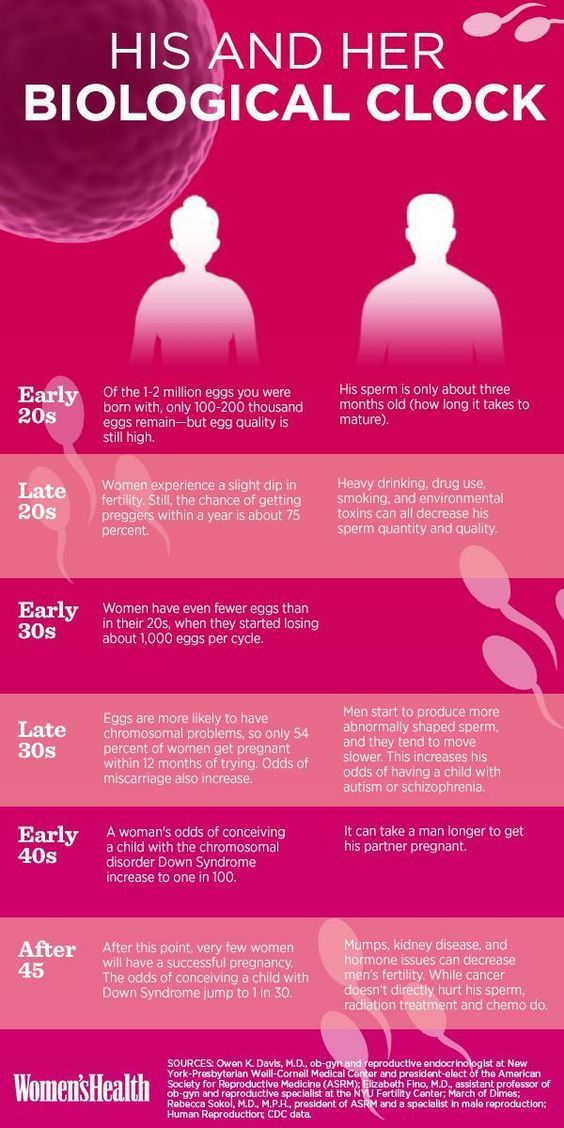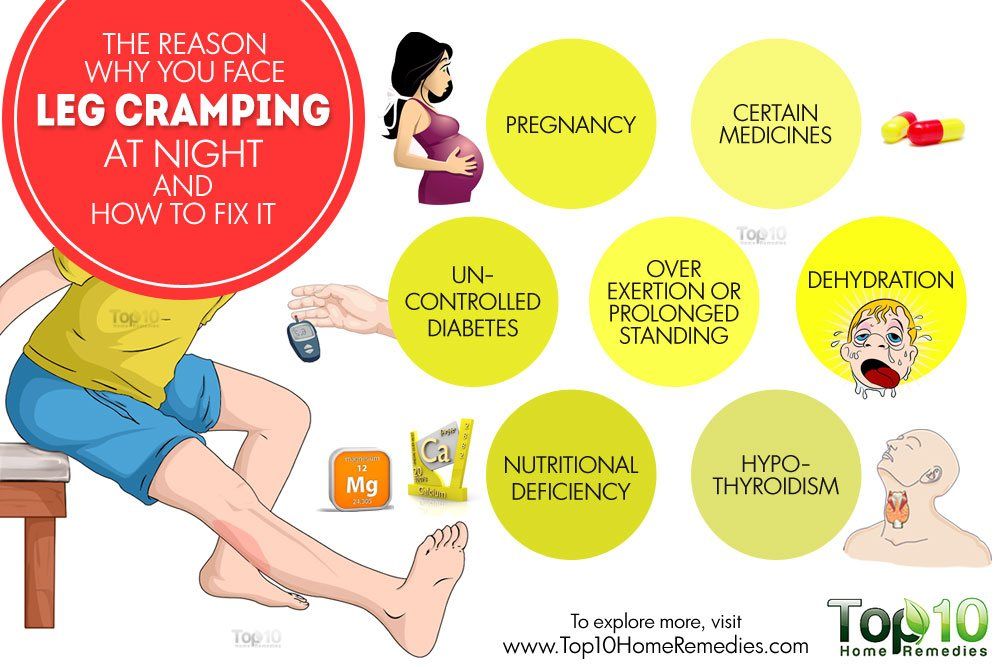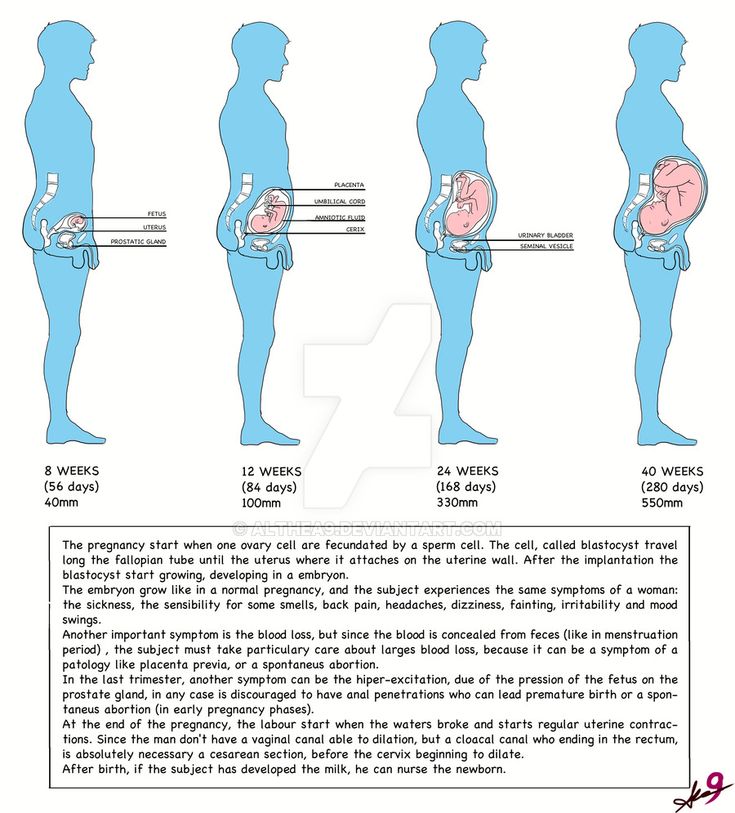What does a miscarriage do to your body
What happens to my body during a miscarriage?
If you miscarry, your body will go through some changes. You may experience some bleeding and tummy cramps.
Vaginal bleeding
Most women have some vaginal bleeding during a miscarriage (although some women don’t have any symptoms).
The amount of bleeding you have will usually depend on how many weeks pregnant you are and what was recently seen on your scan. If it is an early miscarriage, it may be like a heavy period for the first day or so, and go on for a week or two afterwards. It should lessen and may become brown.
It’s best to use sanitary towels rather than tampons, which can increase the risk of infection.
If you feel faint, go to A&E. It is a good idea to ask someone to take you.
Your pregnancy hormones
These will begin to fall, although the rate varies from woman to woman. Once your bleeding stops, your hormones should gradually return to normal. You may be monitored by your local Early Pregnancy Unit to make sure this is happening, so you may be asked to do a pregnancy test after 3 weeks.
Your other pregnancy symptoms, such as feeling sick or tender breasts, will also fade away.
As well as the sadness you may feel about what’s happening, this change in hormone levels can also affect your emotions. You may feel very tired, get upset very easily or experience mood swings.
Some women also experience breathlessness, anxiety and sleep problems, including difficulties going to sleep or sleeping a lot.
Cramping
When a pregnancy is lost, the womb contracts to expel the pregnancy tissue. You’ll probably have some cramps (like strong period pains) in your lower stomach on the day of your miscarriage and then milder cramps or aches for a day or so afterwards. Paracetamol should help with these cramps.
Other side effects
Sometimes how you feel may depend on how your miscarriage was managed. For example, if you had medical management, you may experience temporary side effects such as:
- chills
- feeling sick or vomiting
- diarrhoea
- skin rash.

Your doctors will talk to you about side effects you may have.
If you have surgical management, you will have either a local or general anaesthetic. Side effects of local anaesthetic should not last long and may include:
- feeling sick and vomiting
- shivering and feeling cold
- confusion and memory loss
- bladder problems
- dizziness
- bruising and soreness.
Side effects of general anaesthetic may include:
- dizziness
- headaches
- blurred vision
- twitching muscles
- continuing numbness, weakness or pins and needles.
If you have a general anaesthetic and were asleep during the surgery, the after-effects shouldn’t last for more than a day after your operation. You should be told who to contact if they don't.
Your period
If you normally have regular periods, your next period will usually happen around 4–8 weeks after a miscarriage. However it may take several months to settle into a regular cycle.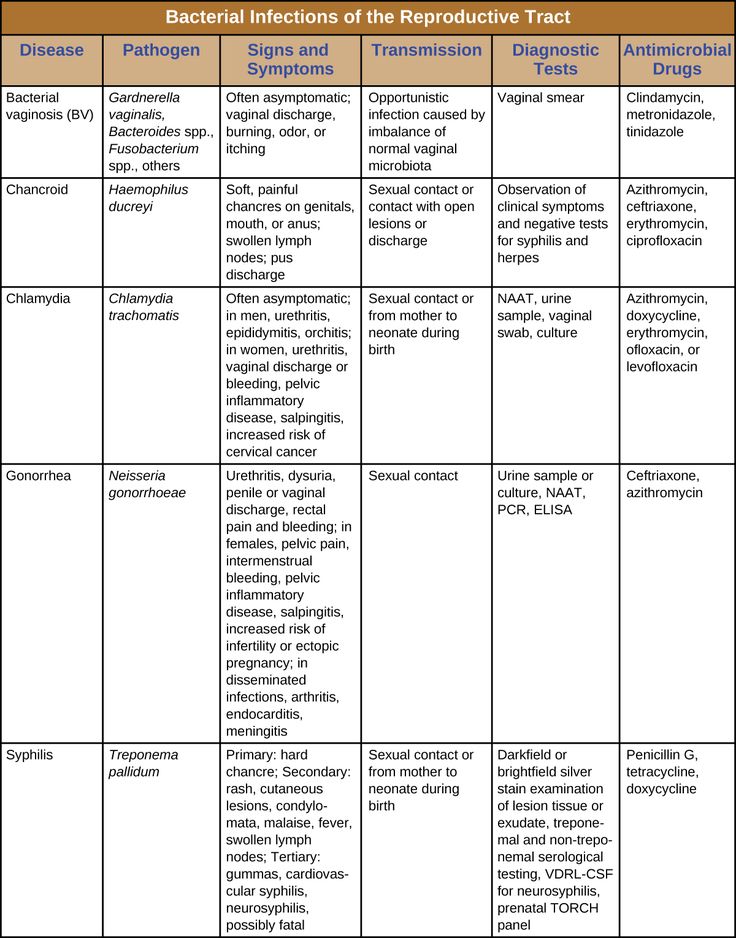
You will ovulate before then, so you may be fertile in the first month after a miscarriage. We recommend using contraception if you’re having sex and don’t want to get pregnant again.
You should avoid having sex until all your miscarriage symptoms have gone.
When to ask for help
Contact your GP, Early Pregnancy Unit or the hospital where you had your care or NHS 111 if you have:
- heavy vaginal bleeding or bleeding that lasts a long time
- smelly vaginal discharge
- tummy pain.
If you also have a raised temperature (fever) and flu-like symptoms, you may have an infection of the lining of the womb (uterus). This is not very common and can be treated with antibiotics. These symptoms can also mean that there is still some tissue from the pregnancy in your womb.
If you also have a temperature (fever), have lost your appetite and are vomiting, this may be due to damage to your uterus. You may need to be admitted to hospital.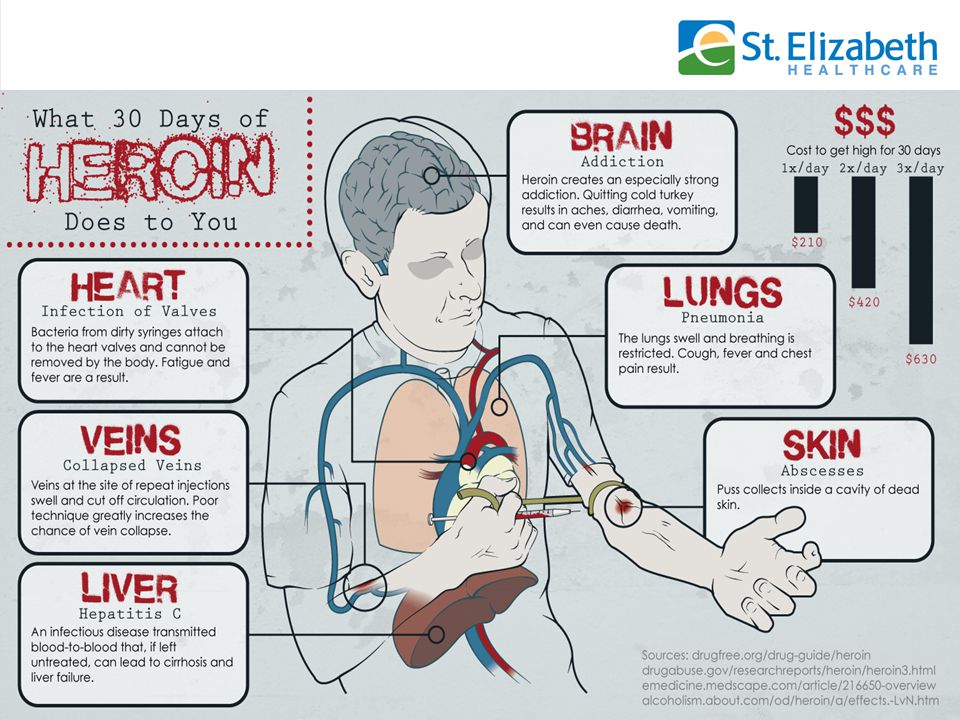
Your emotional health after a miscarriage
Losing a baby can be heartbreaking. Your feelings and emotions are your own and no-one can tell you how you should or shouldn’t be feeling. There is no right or wrong way to feel about pregnancy loss.
Everyone is different. Some women and couples come to terms with what happened within a few weeks, for others it takes longer.
Taking the time you need to grieve may help you move on and think about the possibility of trying again, if that’s what you want to do. There is support available if you need help.
Review dates
Reviewed: 08 April 2020
Next review: 08 April 2023
This content is currently being reviewed by our team. Updated information will be coming soon.
Back to top
What Happens to Your Body After A Miscarriage and How to Heal
Your body has been through trauma after a miscarriage and will need time and additional care to heal.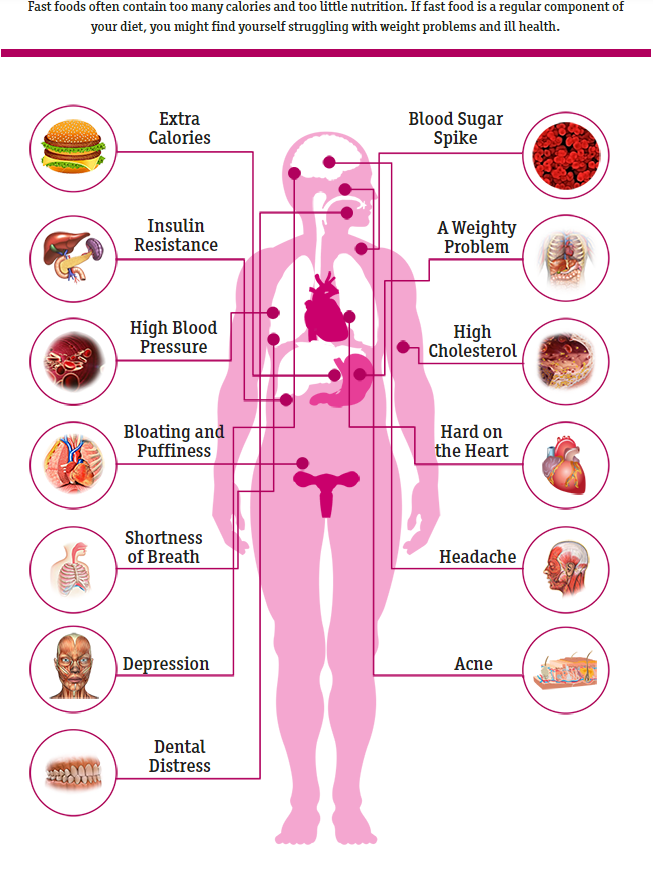 Parsley Health physician Jaclyn Tolentino, DO, and health coach Kelly Johnston, RD, weigh in on how to support your body after pregnancy loss.
Parsley Health physician Jaclyn Tolentino, DO, and health coach Kelly Johnston, RD, weigh in on how to support your body after pregnancy loss.If you’ve recently suffered a miscarriage , know that you’re not alone: Statistics show that up to 15 percent of pregnancies end in a miscarriage. As pregnancy loss is discussed more openly in society, the conversation often centers around the emotional and mental health implications of a miscarriage, but the physiological response your body has after a miscarriage is just as important to talk about. Your hormones were preparing for one event, and then your body pivoted in a different direction. Here’s what you need to know about caring for your body during this difficult stage and rebalancing your hormones after a miscarriage.
What can cause a miscarriage?The first question you have is probably around why this happened. It’s not your fault—most miscarriages are caused by external factors out of your control. The most common cause of miscarriage is chromosomal abnormalities that occur in the fetus. Foodborne pathogens like salmonella are also a cause of pregnancy loss, which is why pregnant women are often instructed not to eat uncooked or undercooked eggs, meat, or fish. Other common causes of miscarriage involve mitochondrial dysfunction; Mitochondria are responsible for producing energy inside our cells, including those that will develop into a fetus. If mitochondrial cells are not working properly, it can affect the fetus’ genetic makeup, explains Jaclyn Tolentino , DO, a physician at Parsley Health in Los Angeles . You could be especially prone to mitochondrial dysfunction if you have an autoimmune disorder or other immune health issues that affect the cells in your body.
The most common cause of miscarriage is chromosomal abnormalities that occur in the fetus. Foodborne pathogens like salmonella are also a cause of pregnancy loss, which is why pregnant women are often instructed not to eat uncooked or undercooked eggs, meat, or fish. Other common causes of miscarriage involve mitochondrial dysfunction; Mitochondria are responsible for producing energy inside our cells, including those that will develop into a fetus. If mitochondrial cells are not working properly, it can affect the fetus’ genetic makeup, explains Jaclyn Tolentino , DO, a physician at Parsley Health in Los Angeles . You could be especially prone to mitochondrial dysfunction if you have an autoimmune disorder or other immune health issues that affect the cells in your body.
Every person’s body reacts differently to pregnancy loss, so there’s no one set of miscarriage symptoms that everyone will experience. “The differentiating factors include how far along the pregnancy was, and what treatments were used to manage the miscarriage,” Dr. Tolentino says. Here are the most common signs and symptoms after miscarriage.
“The differentiating factors include how far along the pregnancy was, and what treatments were used to manage the miscarriage,” Dr. Tolentino says. Here are the most common signs and symptoms after miscarriage.
You may experience some uncomfortable cramping and bleeding after a miscarriage as the uterus contracts to expel blood and tissue it’s been holding onto. Don’t be alarmed if the bleeding is heavier than your usual menstrual bleeding, Dr. Tolentino says. This is normal, increased cramping and bleeding after miscarriage is one of the most prevalent symptoms. “The severity and duration of the bleeding can vary among individuals, but it should taper off within a few days,” Dr. Tolentino says. It’s important to stay in contact with your healthcare provider during this time to discuss any ongoing symptoms, especially if bleeding doesn’t seem to be slowing down.
Hormonal changesThe hormonal changes that occur after a miscarriage really depend on how far along you were, and therefore how your hormones adapted during your pregnancy. These are some of the major hormones at play, how they change during pregnancy, and what effect they have on your body, Dr. Tolentino explains.
These are some of the major hormones at play, how they change during pregnancy, and what effect they have on your body, Dr. Tolentino explains.
- hCG: Human chorionic gonadotropin, or hCG, is the hormone pregnancy tests look for in your urine to determine whether or not you’re pregnant. This hormone is produced by cells that will eventually form the placenta and stimulates the corpus luteum—a collection of hormone-producing cells that form in the ovaries—to produce progesterone. In early pregnancy, hCG levels rise rapidly, increasing every two to three days and likely contributing to many of the unpleasant symptoms associated with early pregnancy like nausea and vomiting.
- Estrogen: Estrogen and progesterone are two of the most prominent hormones during early pregnancy. Estrogen levels quickly rise during the first trimester to help the fetus develop, supporting the transfer of nutrients, formation of blood vessels, milk duct development and more.
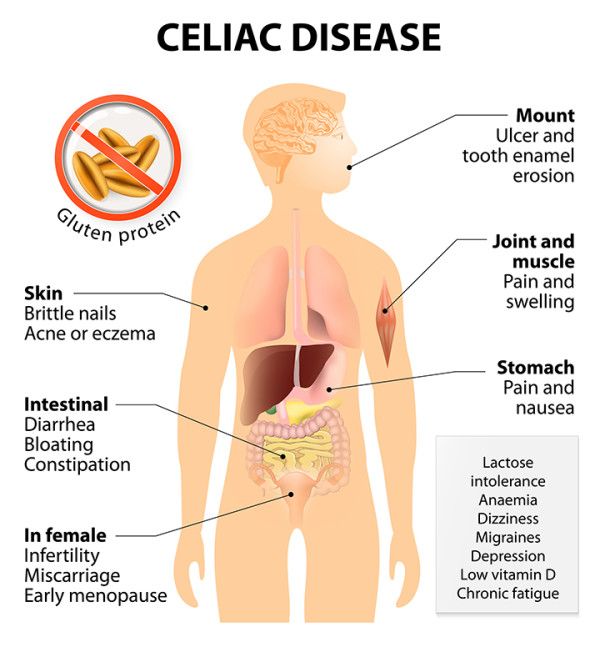
- Progesterone: Progesterone increases exponentially during the first few months of pregnancy, causing ligaments and joints to loosen and, eventually, allowing the uterus to expand as the fetus grows. Starting from its production in the ovaries and placenta, progesterone prepares the uterine lining for implantation, and then continues to support the endometrium to create the ideal environment for the fetus.
During and after a miscarriage, these hormones that once rose rapidly will begin to fall. Some hormones, like hCG, should eventually become undetectable while others, like estrogen and progesterone, will reset to their pre-pregnancy levels. Along with physical side effects, this drastic shift can intensify emotions associated with the trauma you recently experienced, Dr. Tolentino explains. As your hormones begin to balance after a miscarriage, the symptoms of early pregnancy, like nausea or tenderness in your breasts, will begin to subside.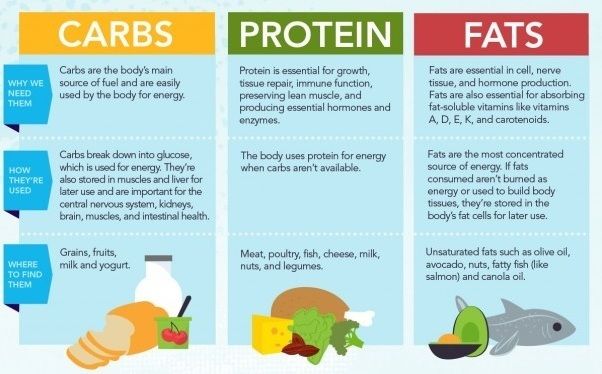 But for some people, the impact of these dramatic hormonal shifts on your emotions and mental health will be more prominent. “Changing hormone levels can also have a big impact on emotions, and it’s not uncommon to experience symptoms such as fatigue, anxiety, insomnia, depression, or irritability ,” Dr. Tolentino explains.
But for some people, the impact of these dramatic hormonal shifts on your emotions and mental health will be more prominent. “Changing hormone levels can also have a big impact on emotions, and it’s not uncommon to experience symptoms such as fatigue, anxiety, insomnia, depression, or irritability ,” Dr. Tolentino explains.
Managing emotional and psychological symptoms after miscarriage is just as important as monitoring physical symptoms. It can take anywhere from two to six weeks for these physical symptoms to fully subside, though the mental toll of a loss can be different for everyone, says Dr. Tolentino. During this time, it’s important for your physician to monitor these levels and check-in on your mental and emotional health.
Symptoms of anxiety and depressionHeightened anxiety and depression are especially common during this time period, and both can affect your physical health.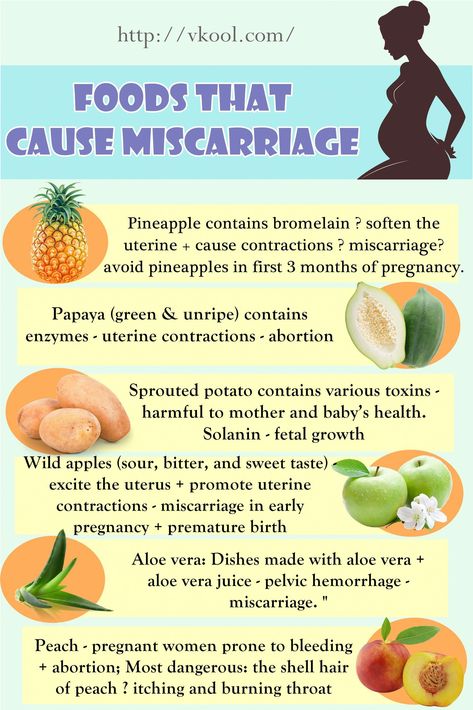 “Depression, anxiety, and stress can be manifested physically, in the form of mood shifts, insomnia , and a weakened immune system ,” says Kelly Johnston , MS, RD, a health coach at Parsley Health in New York City.
“Depression, anxiety, and stress can be manifested physically, in the form of mood shifts, insomnia , and a weakened immune system ,” says Kelly Johnston , MS, RD, a health coach at Parsley Health in New York City.
As discussed earlier, after a miscarriage, once elevated levels of estrogen and progesterone take a sudden plunge contributing to big mood swings—comparable to the extreme emotional changes you’d experience with a severe case of PMS. This plunge of hormones, paired with the sadness and grief of pregnancy loss, can compound the feelings of fatigue, anxiety, depression, insomnia, and irritability that often accompany miscarriage.
To fuel symptoms of anxiety and depression further, while female hormones plummet after pregnancy loss, the stress hormone cortisol skyrockets—boosting systemic inflammation , contributing to insomnia and decreased immune health. Independent of other factors, elevated cortisol levels trigger anxiety —keeping the body in its fight or flight response and making relaxation difficult to achieve.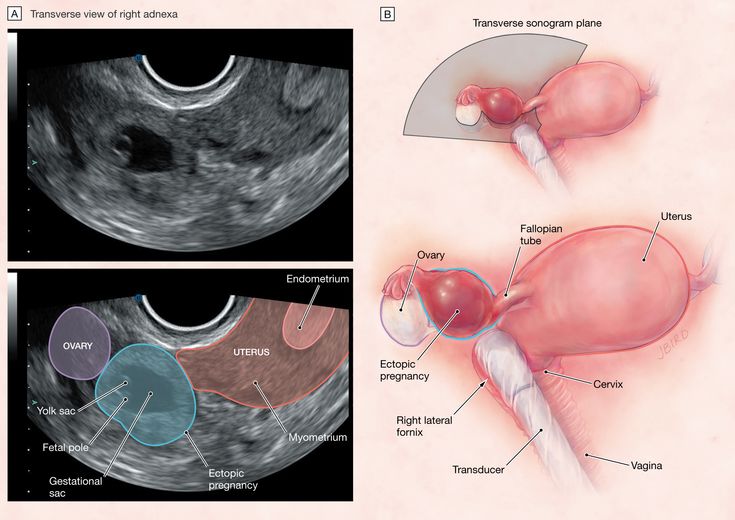
“Most women will experience a return to their normal menstrual cycles within 1 to 2 cycles after a miscarriage,” Dr. Tolentino points out. And, you may start ovulating and be able to conceive again sooner than you’d think, she adds. “The body can begin ovulating again as early as 2 to 3 weeks post-miscarriage, and up to 6 weeks after a miscarriage. It’s important to use contraceptives, in the form of barrier protection, if you are not trying or are advised to wait until trying to become pregnant again,” says Dr. Tolentino.
Healing after miscarriage“Parsley doctors like myself support the body’s healing mechanisms after an impactful event such as miscarriage in several ways: by supporting the patient’s needs in addition to working alongside her OB/GYN, and by focusing on mechanisms to aid hormone balance , healing, immune regulation, and the body’s physiological ‘reset’ after miscarriage,” says Dr.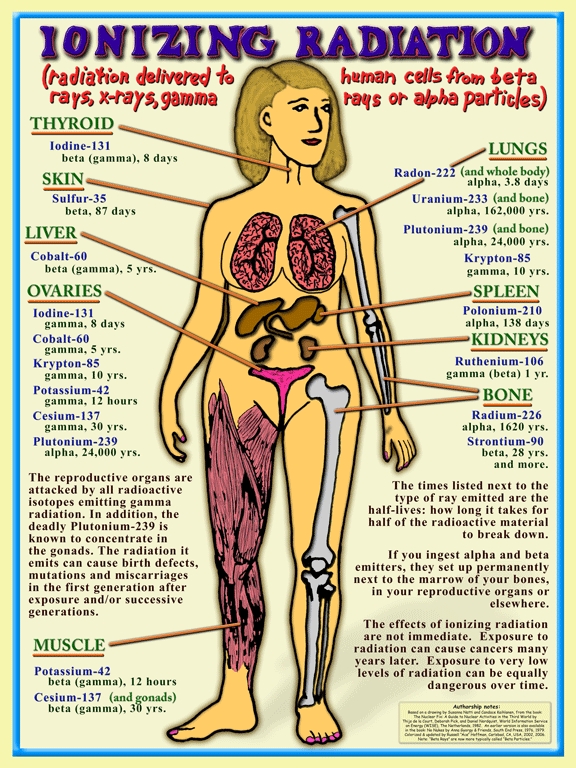 Tolentino .
Tolentino .
This supplemental care can ensure that your body is recovering and offer an additional support system with the aid of a health coach who can provide everything from helpful self-care literature and practices to nutritional tips, to frequent emotional check-ins. These are just a few ways you can focus on giving your body some extra TLC.
Include more hormone balancing foods in your dietOne dietary area of focus is on foods that can help stabilize both your mood and hormones after a miscarriage. These include probiotic-rich foods, as well as cruciferous vegetables, which can help metabolize estrogen in your intestinal tract, Johnston says. This refers to the way your body eliminates estrogen from the body, a natural and important part of your body’s proper functioning. If you’re not detoxifying hormones properly, it can lead to a buildup of excess hormones in the body that then get recirculated. So foods that promote good digestive health play an important role in hormone regulation.
So foods that promote good digestive health play an important role in hormone regulation.
Johnston also recommends eating anti-inflammatory foods such as foods rich in omega-3 fatty acids which help block inflammatory particles at the cellular level, reducing the inflammation that can make it difficult to regulate hormone levels like estrogen. For adequate intake, opt for two or more servings per week of fatty fish like salmon and mackerel, seeds, including flax and pumpkin, and nuts like walnuts.
Staying away from inflammatory foods may also help balance your hormones after a miscarriage. “Avoid foods that can be hormonally charged, like dairy , or inflammatory foods like sugar, which can throw off your hormones and inhibit the production of neurotransmitters like serotonin in the gut,” Johnston says. The way to do this is to stick to whole, fiber -filled foods, and balanced meals. Johnston adds, another source of balance comes from focusing on intuitive eating and listening to your body’s hunger cues without obsessively focusing on your diet at this time.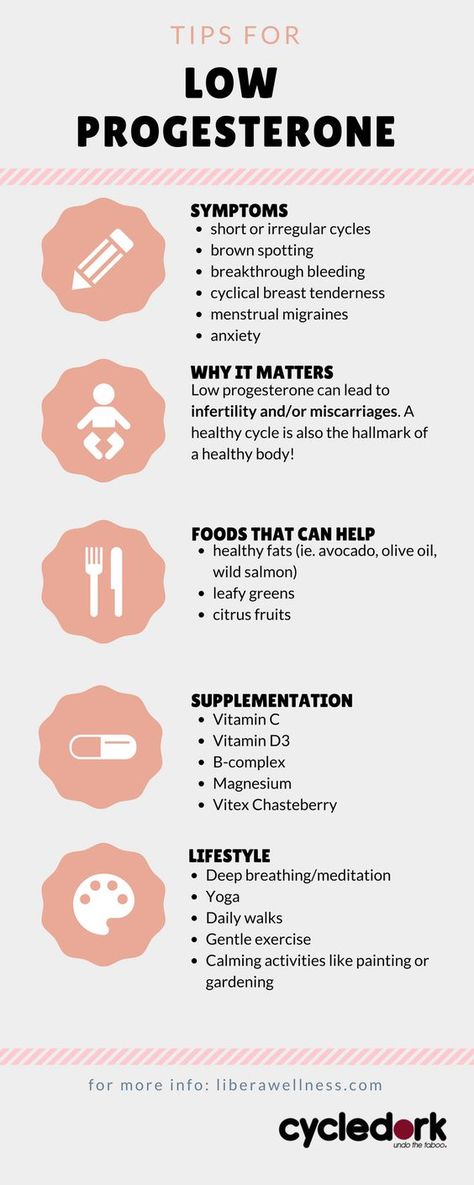
Based on the symptoms you experience after miscarriage, supplements or dietary changes may be required to compensate for the changes in your body. For example, if you’re experiencing heavy bleeding, talk to your doctor about taking an iron supplement. This will help replace the iron stores that have been depleted from the miscarriage bleeding and prevent a deficiency from forming. After just a few weeks of consistent use, your iron levels should be back to normal.
There’s also a chance you may be deficient in Vitamin D , which has been linked to first trimester miscarriages. Make sure you’re getting tested for Vitamin D on your next bloodwork visit after miscarriage. If you find that your Vitamin D levels are lower than usual it may be worth considering a Vitamin D supplement .
Get back to gentle exerciseWhile your body is still recovering, it may not be the best time to go to HIIT classes, but healing, restorative exercise is a great place to start, especially when dealing with grief after miscarriage, explains Johnston.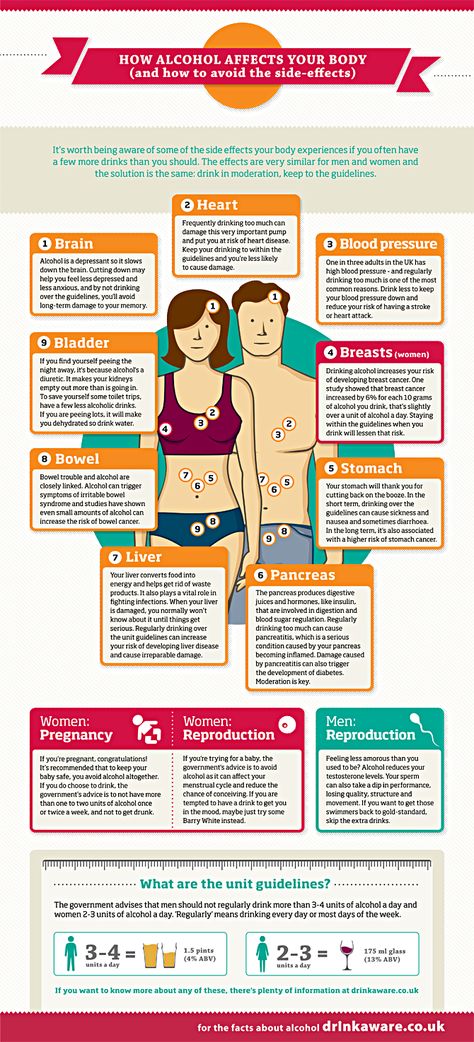 Your workout routine can actually be very influential in hormone regulation, as it allows you to communicate with your body and its endocrine system . The endocrine system is made up of glands throughout the body that are responsible for creating and releasing hormones at the proper levels—this includes estrogen, cortisol, and progesterone, among others. Regular exercise helps strengthen this system and your relationship with your body Once your OB/GYN has cleared you to exercise, this could include Pilates, yoga, walking, jogging, or gentle swimming. If getting to the gym or yoga studio seems unrealistic, Johnston suggests doing a short online yoga, Pilates, or meditation program to activate your brain and body a little bit.
Your workout routine can actually be very influential in hormone regulation, as it allows you to communicate with your body and its endocrine system . The endocrine system is made up of glands throughout the body that are responsible for creating and releasing hormones at the proper levels—this includes estrogen, cortisol, and progesterone, among others. Regular exercise helps strengthen this system and your relationship with your body Once your OB/GYN has cleared you to exercise, this could include Pilates, yoga, walking, jogging, or gentle swimming. If getting to the gym or yoga studio seems unrealistic, Johnston suggests doing a short online yoga, Pilates, or meditation program to activate your brain and body a little bit.
If you experienced a late term miscarriage, kegel exercises can help strengthen your pelvic floor muscles with pelvic floor therapy, Johnston adds.
Engage in meditative practicesNow is the time to really focus on self-care , because your body needs it. That looks a little different for everyone. “We help people establish journaling practices, like gratitude journaling with meditation, and establishing realistic short-term healing goals,” Johnston says. Movement meditation, in the form of yoga, may help some people, while others may gravitate toward sound meditation or specific breathing techniques .
That looks a little different for everyone. “We help people establish journaling practices, like gratitude journaling with meditation, and establishing realistic short-term healing goals,” Johnston says. Movement meditation, in the form of yoga, may help some people, while others may gravitate toward sound meditation or specific breathing techniques .
Beyond the mental benefits meditation can bring, it will also help relieve stress, bringing down your cortisol levels and helping with some of the physiological effects miscarriage may have on your hormones. Increased stress is known to speed up the enzyme aromatase, the process that converts testosterone to estrogen, contributing to hormonal imbalance.
If you struggle with getting in the right headspace for meditation, a health coach can support you with self-care and meditation book recommendations, or finding other stress management techniques that may help you.
Check-in with your health coach regularlyWhile Parsley Health doctors and health coaches recommend you seek out counseling or other mental health treatment after a pregnancy loss, working with a health coach can also be a nice addition to your healing journey because they’re available to you whenever you need to check-in. “In acute times of stress, we provide more regular touch points via email, so people can write their thoughts and feelings down,” Johnston says.
“In acute times of stress, we provide more regular touch points via email, so people can write their thoughts and feelings down,” Johnston says.
Each person’s recovery from a pregnancy loss is unique. Similar to when we experience other biological shifts, the body requires time to recalibrate and return to homeostasis. “The best thing you can do to get back to normal is take it slow and take care of yourself,” Dr. Tolentino explains. Don’t be afraid to ask for support. Whether it’s in a health coach, loved one, or friend, more people than you know have gone through something similar or know someone who has and can provide you with the sounding board you need.
Miscarriage, symptoms - Health Clinic 365 Yekaterinburg
Causes of miscarriage
Questions to the doctor about miscarriage
Diagnosis of miscarriage
Treatment and prevention of miscarriage
According to statistics, 10 to 20% of all pregnancies end in miscarriage. However, the real numbers could be much higher, as a large number of miscarriages happen very early, and women are not even aware of their pregnancy. Most miscarriages happen due to abnormal development of the fetus.
However, the real numbers could be much higher, as a large number of miscarriages happen very early, and women are not even aware of their pregnancy. Most miscarriages happen due to abnormal development of the fetus.
Miscarriage is quite common, but this fact does not make things any easier. It is always difficult to cope with the realization that there was a pregnancy, but no child. Try to deal with the situation psychologically and understand what could be causing the miscarriage, what increases the risk of it, and what type of treatment might be needed.
Miscarriage symptoms .
Most miscarriages occur before 12 weeks. Signs and symptoms of a miscarriage include:
- Vaginal bleeding or spotting (although quite common in early pregnancy)
- Pain or cramps in the abdomen or lower back
- Fluid vaginal discharge or tissue fragments
It is important to consider the fact that in early pregnancy, spotting or vaginal bleeding is quite common.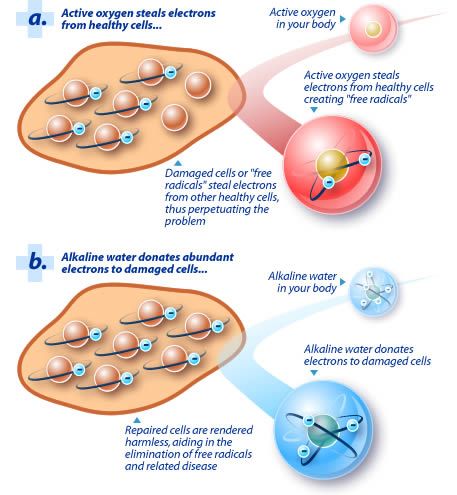 In most cases, women who experience light bleeding during the first three months have an uneventful pregnancy thereafter. In some cases, even with heavy bleeding, the pregnancy does not end in a miscarriage.
In most cases, women who experience light bleeding during the first three months have an uneventful pregnancy thereafter. In some cases, even with heavy bleeding, the pregnancy does not end in a miscarriage.
Some women who have a miscarriage develop an infection in the uterus. This infection, also called septic miscarriage, can cause:
- Fever (feeling hot, chills)
- Body pains
- Thick, foul-smelling vaginal discharge
When to see a doctor.
Call your doctor if:
- Bleeding, even if only light spotting occurs
- Profuse, liquid vaginal discharge without pain or bleeding
- Isolation of tissue fragments from the vagina
You can put a piece of tissue to be isolated in a clean container and take it to your doctor for examination. It is unlikely that the study will give any accurate results, but if it is determined that the fragments of the excreted tissue are from the placenta, the doctor will be able to conclude that the symptoms that appear are not associated with the presence of a tubal (ectopic) pregnancy.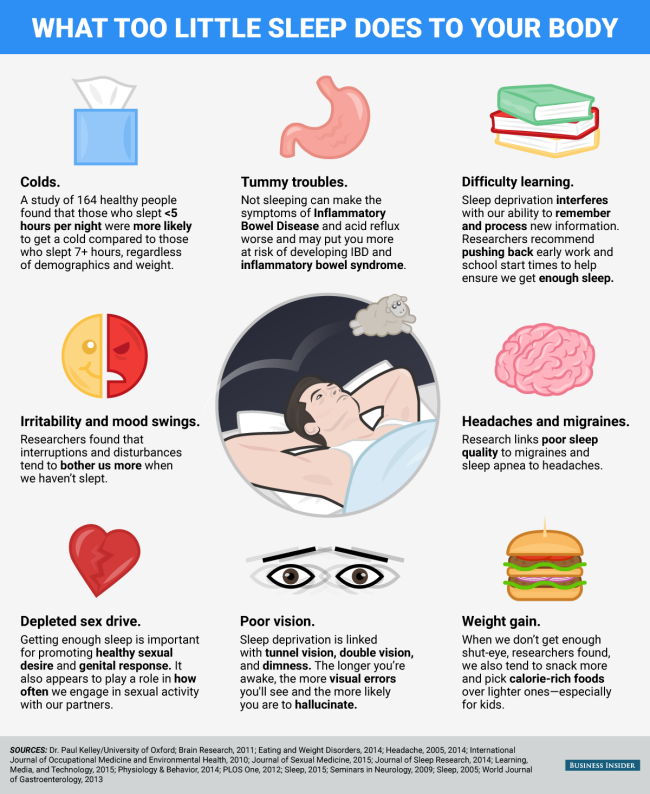
You can get more detailed information about miscarriage from the gynecologists of the Health 365 clinic in Yekaterinburg.
Prices
Gynecologist, initial appointment
2300 i
What to do after a miscarriage
If a woman has a miscarriage, it is important to take competent measures to restore health. This will help to cope mentally and prepare the ground for a new pregnancy. According to medical statistics, 15-20% of pregnancies end in spontaneous termination for various reasons. The symptoms of what happened rarely go unnoticed, which makes it possible to diagnose the pathology in time, consult a gynecologist, undergo adequate treatment and plan the birth of a child for the future.
Specialists classify spontaneous abortion into two categories:
1. Termination of biochemical pregnancy - the embryo leaves the uterine cavity in the first or third weeks after conception. A woman during this period most often does not suspect that she is carrying a child. Pregnancy becomes known only when testing for the content of hCG in the urine and blood. The blood that has left the body is usually perceived as menstruation, which, for unknown reasons, began outside the scheduled time. Units who carefully monitor their health go to the doctor.
A woman during this period most often does not suspect that she is carrying a child. Pregnancy becomes known only when testing for the content of hCG in the urine and blood. The blood that has left the body is usually perceived as menstruation, which, for unknown reasons, began outside the scheduled time. Units who carefully monitor their health go to the doctor.
2. Spontaneous abortion or miscarriage in early pregnancy - up to 22 weeks, when the weight of the embryo does not reach 0.4 kg.
Medical therapy
Any method is useful to maintain pregnancy. A qualified doctor develops an individual treatment protocol based on the available diagnostic data. Drugs used may include:
- sedatives;
- restorative therapy;
- hormone stabilizing drugs;
- uterine antispasmodics;
- vitamin and mineral supplements.
The specialist eliminates the threat of miscarriage in the early stages, tells how to prevent a relapse. In the later stages, the cervix is fixed with a special suturing (usually for a period of 16-25 weeks, if there is an ICI).
In the later stages, the cervix is fixed with a special suturing (usually for a period of 16-25 weeks, if there is an ICI).
In case of unsuccessful attempt to stop spontaneous abortion, the following treatment tactics are used:
- Waiting – an organism freed from an embryo on its own does not require specialized treatment.
- Drug therapy - the patient is prescribed drugs that complete the removal of foreign tissues from the body. By causing severe spasms of the muscular walls of the uterus, the tablets provoke the expulsion of residues from the cavity.
- Surgery - is used in case of complications or inconvenient for the independent exit of the fetus, the bending of the uterus.
Curettage
Having symptoms of a miscarriage in early pregnancy and faced with the need for a curettage (gynecological cleansing), a woman worries about the state of her reproductive system. It is not worth doing this, the operation takes place in a gentle mode, with maximum delicacy in relation to the patient's childbearing ability. Curettage is performed when there is a risk of incomplete exit of the embryo from the uterine cavity and the development of infection in the pelvic organs due to the elements remaining in it. Ignoring the procedure can lead to blood poisoning and the formation of a pathology that prevents re-conception.
It is not worth doing this, the operation takes place in a gentle mode, with maximum delicacy in relation to the patient's childbearing ability. Curettage is performed when there is a risk of incomplete exit of the embryo from the uterine cavity and the development of infection in the pelvic organs due to the elements remaining in it. Ignoring the procedure can lead to blood poisoning and the formation of a pathology that prevents re-conception.
Vacuum aspiration, however, is performed more frequently, which is more gentle. The complex application of the method with hysteroscopy allows you to carefully examine the internal contents of the uterus in order to prevent poorly cleaned areas on the mucous membrane.
Preparation for gynecological cleaning (curettage)
Gynecological cleaning for diagnostic and therapeutic purposes for various indications :
- after childbirth;
- in missed pregnancy, miscarriages;
- for menstrual irregularities;
- for accurate diagnosis of gynecological disorders.
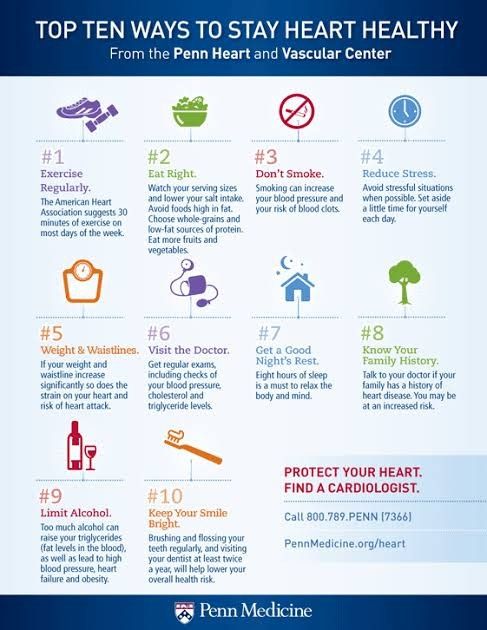
Curettage is recommended a few days before the onset of menstruation. In this case, blood loss decreases and a favorable prognosis is given for rapid tissue recovery. The operation requires a preliminary examination, testing. This is :
- complete blood count;
- blood coagulation test;
- smear for examination of the bacteriological environment;
- analysis for STIs.
Before curettage, you stop taking any medications, dietary supplements that have not been discussed with a specialist. Even plant components that can affect blood clotting and provoke blood loss during surgery can be dangerous. Your healthcare provider should be made aware of the medications you are taking so that they know what risks may arise.
Rules for preparing for the procedure:
- refrain from sexual intercourse three days before the operation;
- avoid the use of intimate hygiene products (gels, creams, ointments, liquids), suppositories, tablets and vaginal sprays;
- Do not douche;
- Do not eat or drink 10 hours before surgery.
 This is necessary for high-quality anesthesia.
This is necessary for high-quality anesthesia.
Cleaning
Curettage is carried out in a hospital, the woman is placed on the gynecological chair of the operating room. The doctor removes the upper layer of the mucous lining the uterine cavity from the inside. The exclusion of pain involves anesthesia. If there were signs of miscarriage in the early stages of pregnancy or at a later period, after which it spontaneously terminated, the dilated cervix allows for curettage without anesthesia. For anesthesia, intravenous administration of the drug is used, selected individually, taking into account the characteristics of the patient's body. A few seconds after the injection, the woman falls into a shallow sleep, the discomfort disappears, which makes the doctor's actions painless.
A dilator inserted into the cervix straightens the walls of the organ, facilitating access to the internal cavity. Holding the neck, the specialist inserts a rounded probe with a small diameter, after which he replaces it with a more voluminous analogue. A special video camera attached to the end of the probe allows for hysteroscopy - examination of the cavity before curettage. Cleaning is done with a curette, shaped like a small spoon on a long handle. Carefully collected tissues are stored in a specialized sterile tube, which is later sent to the laboratory for histological examination.
A special video camera attached to the end of the probe allows for hysteroscopy - examination of the cavity before curettage. Cleaning is done with a curette, shaped like a small spoon on a long handle. Carefully collected tissues are stored in a specialized sterile tube, which is later sent to the laboratory for histological examination.
The procedure rarely takes more than one hour, usually 20 minutes is enough for the doctor. Together with the cavity, the cervical canal is cleaned. Manipulations are called RDV - separate diagnostic curettage. Collected samples are placed separately. Histology is used to identify the structure of tissues in order to exclude the presence of atypical cells in them, indicating cancerous lesions, precancerous conditions. The study is carried out within two weeks, after receiving the results, the woman revisits the gynecologist for a follow-up examination.
Curettage is often carried out for diagnostic purposes to determine the symptoms of pathological conditions in the functioning of the organs of the reproductive system. These can be:
These can be:
- irregular cycle;
- bulky discharge and painful menstruation;
- bleeding during menopause;
- difficulties in conception in the absence of visible causes of pathology;
- suggestion of developing uterine cancer.
Possible complications
Complications can occur, as after any surgical intervention. A serious consequence is the discovery of uterine bleeding. In order to prevent it, oxytocin is used - injections stimulate the cessation of abnormal blood flow. Oxytocin will help if the bleeding is due to insufficient contraction of the uterus. In violation of blood clotting, it is ineffective.
Another complication of is hematometra, when blood clots accumulate in the uterine cavity, which can cause inflammation in the tissues. It is caused by a spasm of the cervix that occurred immediately after cleaning, which interferes with the evacuation of blood.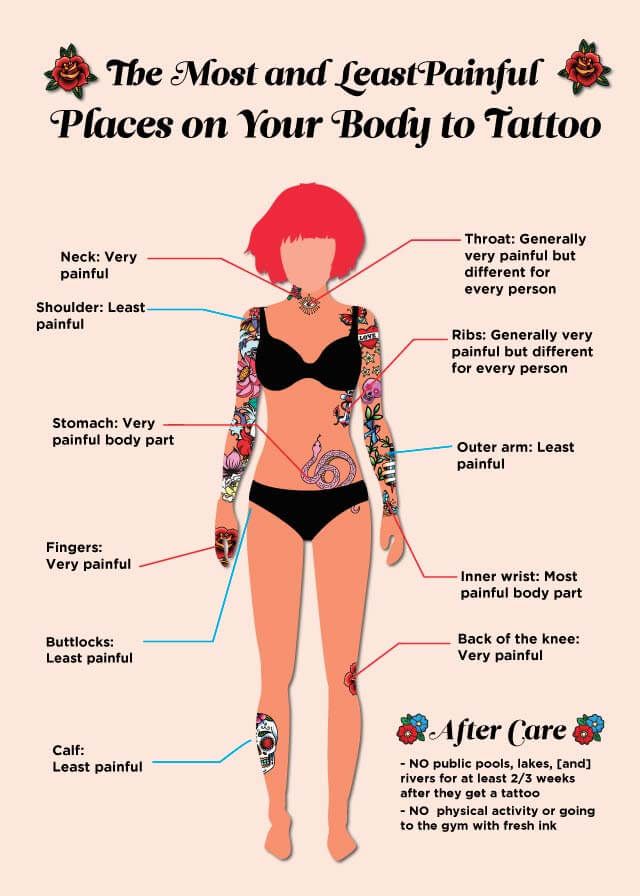 Experts recommend the use of antispasmodics that relax the muscles of the organ and contribute to the normal outflow of blood. A woman should be alerted by pulling pains in the lower abdomen and a sharp cessation of discharge.
Experts recommend the use of antispasmodics that relax the muscles of the organ and contribute to the normal outflow of blood. A woman should be alerted by pulling pains in the lower abdomen and a sharp cessation of discharge.
After cleansing, endometritis may occur when inflammation affects the lining of the uterus. A measure of therapy for a dangerous diagnosis is a course of antibiotics. Pain in the abdomen and a sharp increase in body temperature testify to the pathology. Any dangerous change in condition should be reported to the doctor immediately. In this case, countermeasures will be taken in a timely manner, which will eliminate the risks of developing more formidable complications.
How to behave after a miscarriage
A miscarriage that has occurred requires a certain tactic of behavior. Among the measures recommended by doctors:
- It is advisable to postpone a new pregnancy attempt for 3-6 months . Otherwise, the risk of repeating the undesirable development of events is high.
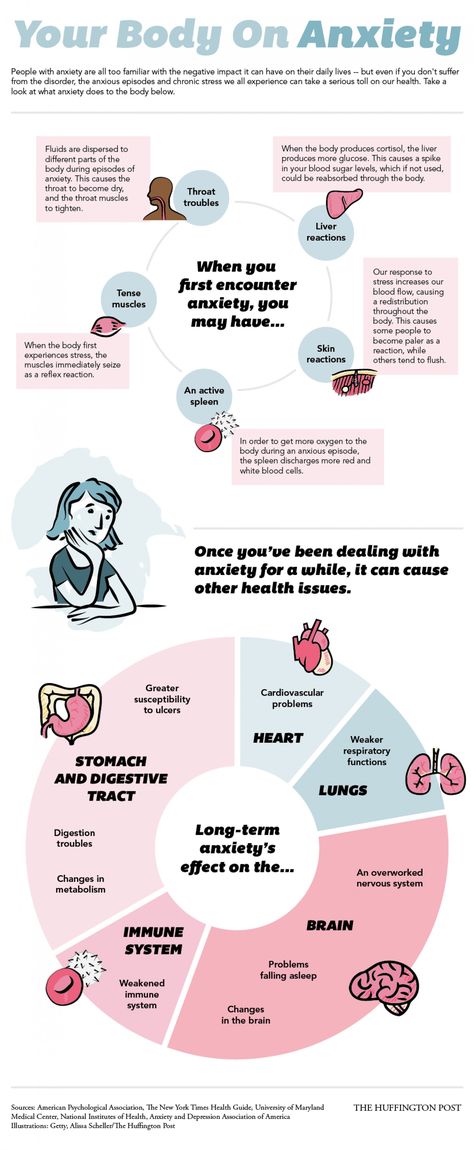 If pregnancy occurs before the expiration date, there is no need to panic. The main thing is the supervision of a specialist.
If pregnancy occurs before the expiration date, there is no need to panic. The main thing is the supervision of a specialist. - If you are waiting for , ask for advice on effective contraception.
- Follow your doctor's advice .
- Pass the necessary examinations , take tests.
Consult what effect the medicines you take will have on the fetus if you become pregnant during therapy. Find out after what period of time you can fearlessly try to conceive a child.
How to detect genetic pathologies during repeated pregnancy
If a miscarriage of the first pregnancy occurs due to a genetic factor, it is especially scary to decide on a second one. But you should not be afraid of this, with a well-designed therapy, the chances of success are more than great. Diagnostic procedures today are highly accurate and allow you to identify pathology in the early stages. Examination in this case is mandatory, as well as the following:
- who are over 35;
- has screening changes;
- who had markers of chromosomal pathologies and malformations of the embryo;
- who already have children with chromosomal abnormalities.
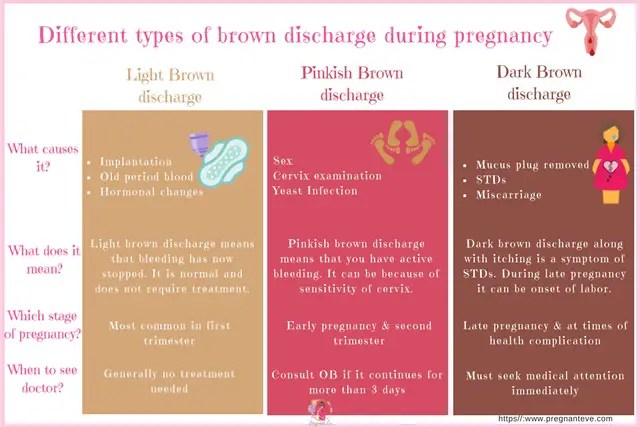
Ultrasound diagnostics can detect malformations in 80-85% of cases. However, the technology is not impeccably reliable, as it misses pathologies in 20% of situations. Biochemical screening, invasive examinations have valid data. The latest version of the study allows you to identify up to 99% anomalies.
When planning a new pregnancy, it is imperative to visit a geneticist. Screening diagnostics for the detection of abnormal genes will help eliminate the risks of possible pathologies, the factor of heredity and genetic failure during conception. Sometimes the threat of miscarriage in the early stages exists in almost healthy carriers. The examination will allow you to find out about the anomaly in advance and undergo treatment.
What is a miscarriage like
A miscarriage that has occurred is complete when all parts of the embryo come out of the uterine cavity together with membranes and amniotic fluid. If parts of the fetus remain in the uterus, they speak of an incomplete miscarriage, which occurs more often in the early stages of pregnancy.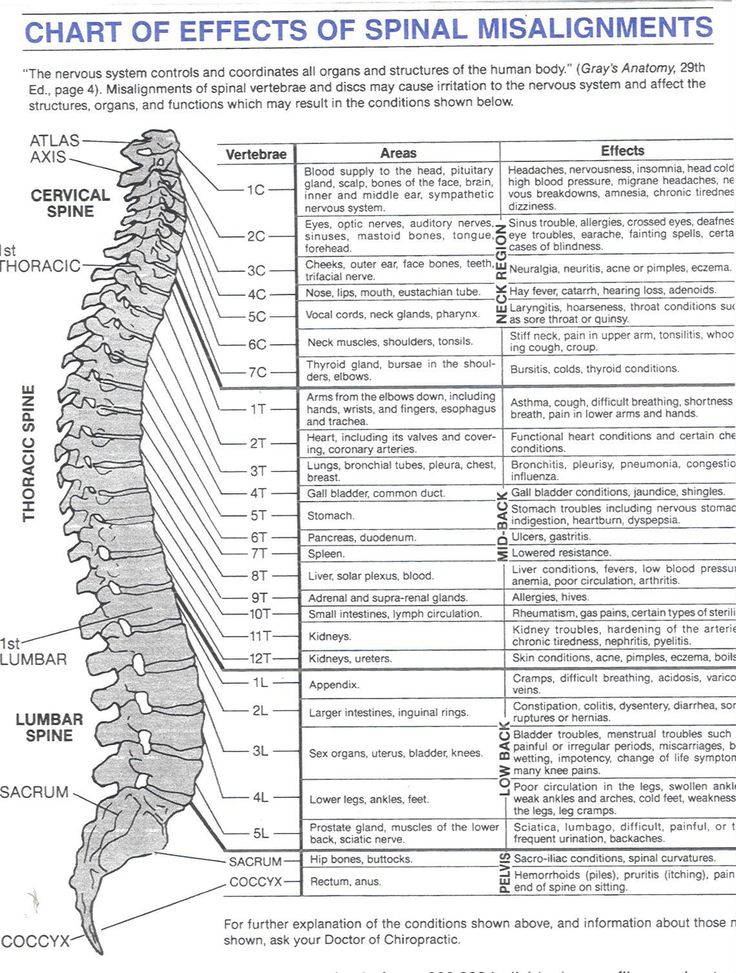 To neutralize the negative consequences, to prevent the development of an infectious process in the tissues, the product of conception is evacuated from the uterine cavity by the methods of medical interruption, gynecological curettage, and vacuum aspiration. Therapy may include the use of drugs aimed at contracting the uterus and pushing the contents out. Ultrasound examination is considered to be the control method of diagnostics.
To neutralize the negative consequences, to prevent the development of an infectious process in the tissues, the product of conception is evacuated from the uterine cavity by the methods of medical interruption, gynecological curettage, and vacuum aspiration. Therapy may include the use of drugs aimed at contracting the uterus and pushing the contents out. Ultrasound examination is considered to be the control method of diagnostics.
Why the body rejects the embryo
The causes of miscarriage often lie in the presence of chromosomal abnormalities in the fetus. Among the factors that provoke rejection of embryos are also:
- Heredity and genetic failure at the stage of fertilization of the egg by the sperm.
- A non-viable fetus may appear as a result of various risk factors - environmental conditions, occupational hazards, viral illness of parents. It is impossible to neutralize these factors.
 The only way out of the situation is to reduce the likelihood of their manifestation by protecting the expectant mother from dangers during gestation.
The only way out of the situation is to reduce the likelihood of their manifestation by protecting the expectant mother from dangers during gestation. - Hormonal imbalance caused by disruption of the endocrine system. The situation can be affected by an insufficient amount of progesterone in the mother's body or an excess of testosterone. With early detection of a failure of the hormonal system, a woman undergoes specially organized therapy before pregnancy.
- The presence of tumors , neoplasms in the pelvic organs.
- Isthmic-cervical insufficiency when the isthmus and cervix dilate prematurely, unable to cope with the increasing pressure caused by the growing fetus in the body.
- There is a risk of miscarriage in the presence of anomalies in the work of the cardiovascular and renal systems.
- Drug addiction , alcohol addiction, substance abuse of mother and father.

- Depressive conditions , stress, nervous stress of a pregnant woman.
- Mechanical stress , blows, bruises, excessive physical labor of the future woman in labor.
- X-ray examination - radiation can cause miscarriage.
- Drug use . In the first trimester, you can not use potent medicinal formulas. Drugs can cause the development of defects in the embryo. Some decoctions of herbs are also contraindicated - parsley, tansy, cornflower, nettle, St. John's wort. It is forbidden to self-medicate. Each drug is agreed with the attending physician.
- Infectious and viral process in the body. Any sexually transmitted infection can provoke a miscarriage, which must be cured before pregnancy, otherwise there is a high risk of infection of the fetus in the womb. A great threat of miscarriage in the early stages exists due to viral infections and inflammation of the internal organs.
 A dangerous symptom is the high temperature of the mother, accompanied by intoxication of the body. At the stage of pregnancy planning, it is important to stop chronic diseases.
A dangerous symptom is the high temperature of the mother, accompanied by intoxication of the body. At the stage of pregnancy planning, it is important to stop chronic diseases. - History of abortion , unsuccessful surgery, unprofessionalism of the doctor and unfortunate circumstances.
- Immunological factors .
The list of causes of miscarriage in the early stages of pregnancy and in the later period may be more extensive, in each case, doctors identify the pathology individually.
Isthmic-cervical insufficiency (ICI)
One of the most common causes of spontaneous miscarriage during pregnancy is CSI - dilatation of the cervix and isthmus of the uterus as a result of increasing pressure from the growing fetus. Pre-pregnancy manipulations with the uterus (cervical dilation due to abortion, childbirth or curettage) affect the condition of the muscle ring. Damaged areas are tightened by scar tissue that does not have elasticity, is not amenable to stretching and contraction. ICI also has a functional nature when there is a hormonal imbalance.
ICI also has a functional nature when there is a hormonal imbalance.
ICI occurs in the period from the 11th to the 27th week after conception, when the embryo begins to produce androgens in the mother's body with the launch of the adrenal glands. Taking into account the mother's hormones, their indicator can be exceeded - this softens the cervix, opens and shortens it. Harmful bacteria and microorganisms penetrate into the formed channel, infecting the fetal egg. The initial stages of ICI do not have obvious symptoms, since they do not entail the tone of the uterine muscles. With the loss of strength of the membranes, amniotic fluid pours out. There are no pain sensations.
If a woman has had a miscarriage that started with amniotic fluid, she should report it to her doctor when monitoring a subsequent pregnancy.
Treatment of isthmic-cervical insufficiency
Endocrine disorders are corrected by prescribing hormonal drugs. An assessment of the condition of the uterus is carried out by a doctor a couple of weeks after the start of taking medications.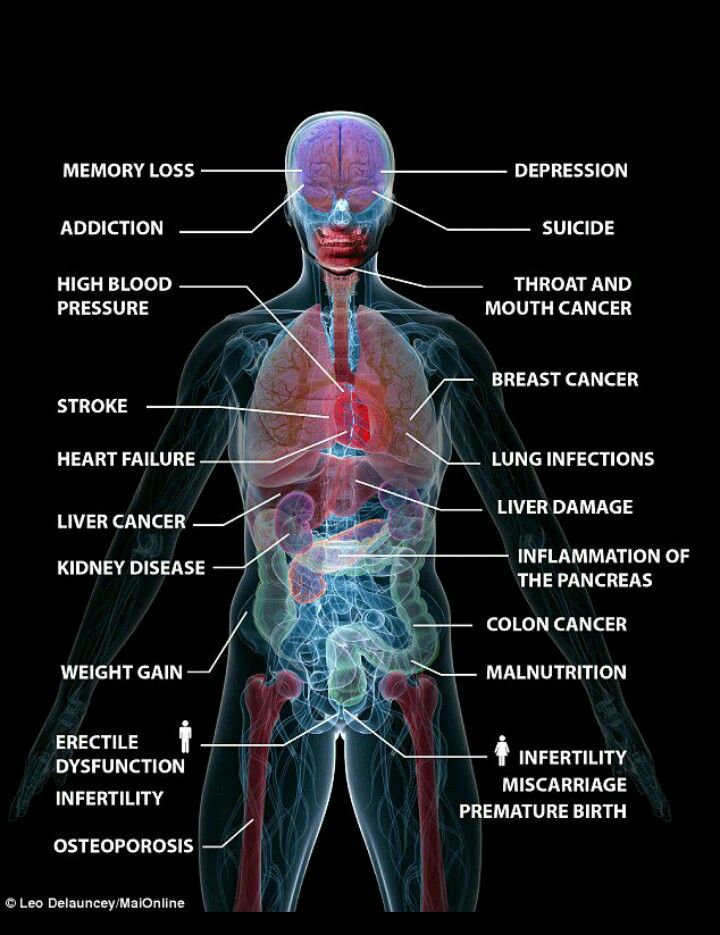 They say about positive dynamics when the opening is suspended and no further expansion of the neck is observed. In the absence of the planned effect, surgical intervention is prescribed. Similar measures are used for the traumatic nature of the neck deformity. You should not be afraid of the operation, the doctor acts delicately, without causing additional injuries to the patient, without causing discomfort to the baby growing in the womb. The procedure is most effective in the early stages of pregnancy. Suturing can significantly reduce the risk of infection of the embryo through the lower edge of the cavity.
They say about positive dynamics when the opening is suspended and no further expansion of the neck is observed. In the absence of the planned effect, surgical intervention is prescribed. Similar measures are used for the traumatic nature of the neck deformity. You should not be afraid of the operation, the doctor acts delicately, without causing additional injuries to the patient, without causing discomfort to the baby growing in the womb. The procedure is most effective in the early stages of pregnancy. Suturing can significantly reduce the risk of infection of the embryo through the lower edge of the cavity.
Surgical intervention takes place in a hospital. Before the operation, the pregnant woman is examined. After the procedure, the vagina is sanitized, for which the suturing site is treated with chlorhexidine and furatsilin for three days. The patient needs to undergo a weekly follow-up examination with the attending physician, where he assesses the situation, making adjustments to the therapeutic protocol if necessary. The sutures are removed at the 38th week of pregnancy. During this time, the neck matures, preparing the birth canal for the passage of the fetus. Many women in labor worry that they will need a caesarean section if they have stitches, but this is not true. In most cases, women give birth on their own.
The sutures are removed at the 38th week of pregnancy. During this time, the neck matures, preparing the birth canal for the passage of the fetus. Many women in labor worry that they will need a caesarean section if they have stitches, but this is not true. In most cases, women give birth on their own.
Immediate action is recommended if the amniotic sac prolapses (falls out) into the cervix between 16 and 24 weeks. The suturing of the neck obliges the woman to observe bed rest, strictly follow the daily routine, avoid physical exertion, and do not skip taking medications. In rare cases, complications occur. Among them, the eruption of sutures through the tissues, provoked by the frequent tension of the muscles of the uterus. To prevent tone, tocolytics are prescribed - medicines to prevent premature birth. The expectant mother should be prepared for frequent examinations and smears, which may be caused by the likelihood of accumulation of pathological microflora on the suture threads.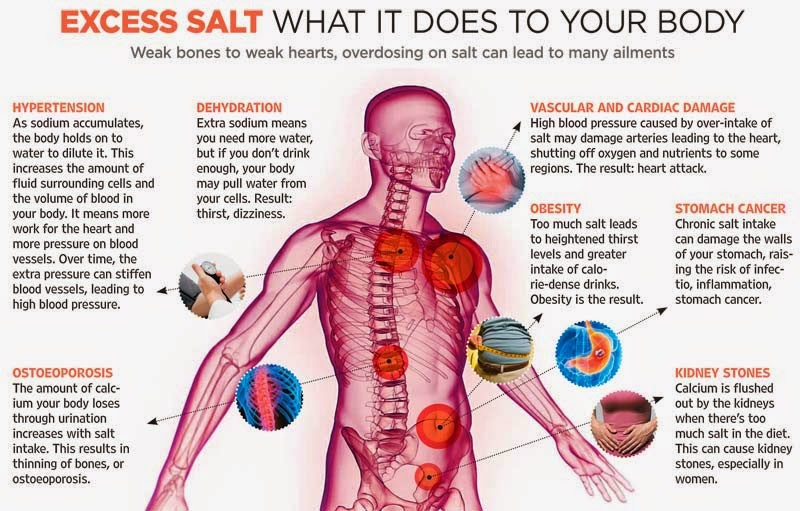
It is also important to conduct psychological therapy, where a woman is taught relaxation techniques. The behavior of the future mother is a decisive factor in the successful bearing of the fetus in case of pregnancy complications. Panic and fuss create an unfavorable prognosis in stabilizing the situation. If a spontaneous abortion occurred for reasons of ICI, when you can get pregnant after a miscarriage, the doctor will say. Ideally, the period should be at least two years. The specialist must also take measures to prevent a repeated situation of losing a child.
In addition to the suture, ICI correction is also carried out using an obstetric pessary. An alternative method is the imposition of a special ring of hypoallergenic materials on the cervix. Silicone is the most commonly used. The ring creates additional support, preventing the opening of the neck.
Uterine hypertonicity - risk prevention
Uterine contractions before natural delivery is called hypertonicity. The condition is not an independent disease, it signals a malfunction in the body, often manifesting itself in the early stages of pregnancy. The causes of the pathological phenomenon are:
The condition is not an independent disease, it signals a malfunction in the body, often manifesting itself in the early stages of pregnancy. The causes of the pathological phenomenon are:
- Hormonal imbalances caused by insufficient function of the placenta, ovaries, problems with the adrenal glands causing imbalance.
- Genital infantilism , organ defects.
- Neoplasms , tumors in the uterus that are not necessarily malignant (eg, fibroids).
- During pregnancy infectious processes, viral diseases.
- CCI - opening of the neck under increasing pressure created by the growing embryo.
- Immunological disorders .
- Chronic diseases of the body (cardiovascular disorders, renal failure).
- Past miscarriages early pregnancy, symptoms of which may recur, induced abortions.
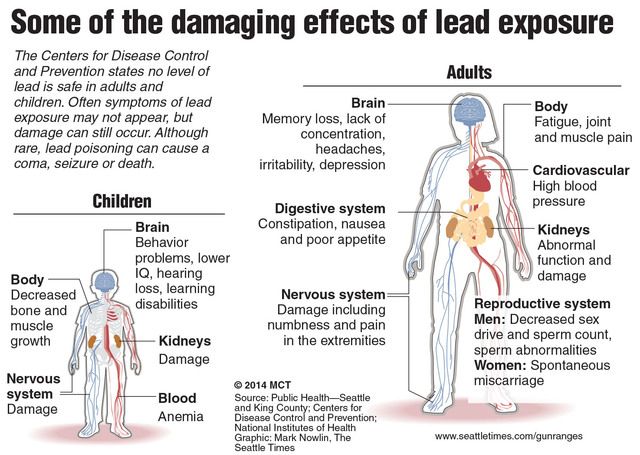
In addition to physiological causes, psychological factors are of no small importance. A woman who is in a depressed state can provoke hypertonicity in herself.
You can feel the tension of the muscles of the uterus on your own, without the help of a specialist. This is evidenced by the heaviness that appears in the lower abdomen, pulling pains in the lumbar region. Symptoms are similar to painful menstruation. Arising in the first trimester, the condition provokes spontaneous abortion, missed pregnancy, death of the fetal egg. In the subsequent period, premature birth due to hypertonicity is likely.
Why does the tension of the walls of the uterus cause irreversible consequences? The reason is the disturbed blood supply to the placental tissues, the occurrence of hypoxia of the embryo and the slowdown in the development of the emerging child. Following the contraction of the muscles of the uterus, the placenta does not contract, which causes its detachment and provoking the release of the fetal bladder.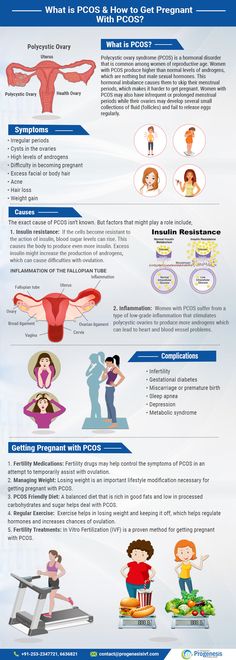
Hypertonicity is diagnosed during a scheduled visit to a specialist. Stabilization of the situation requires the appointment of sedative drugs and antispasmodics. A strengthening effect is provided by therapy with the inclusion of vitamin B6, magnesium. In most cases, the measures taken are sufficient to neutralize the risks. Self-treatment, which can cause irreversible consequences, is strictly prohibited. With hypertonicity, the main rule for a pregnant woman is calmness and lack of physical activity. Some women who have had a successful delivery say they "didn't get up" during their entire pregnancy. With hypertonicity, sexual intercourse is also excluded.
If the threat cannot be neutralized, hospitalization is recommended. It is especially dangerous when severe cramping pain is complemented by spotting. To lie down "for preservation" is an adequate measure in the struggle for the birth of a healthy and strong baby. In the hospital walls, a pregnant woman is prescribed a vaginal examination, ultrasound. If necessary, a woman takes urine and blood tests, checks the hormonal background, and is examined for the presence of STIs.
If necessary, a woman takes urine and blood tests, checks the hormonal background, and is examined for the presence of STIs.
At the onset of labor activity before the 34th week, the condition is tried to be stabilized with tocolytics. The most dangerous period is from the 25th to the 28th week, when the woman is recommended the maximum possible bed rest. After that, the fetus has every chance of survival. In order to quickly form the pulmonary system of the embryo, allowing it to survive with an early birth, hormones are prescribed.
Having an unfavorable prognosis for miscarriage and the threat of miscarriage, it is necessary to take up prevention at the stage of conception planning.
Stages of spontaneous termination of pregnancy
There are certain signs that attract attention and divide the course of a miscarriage into specific stages:

Symptoms of miscarriage - how not to miss the threat
If there is a threat of miscarriage in the early stages, the following symptoms may occur: The pain may be monotonous or come in waves.
A woman who does not know how an early miscarriage occurs should listen to her inner state.
Should alert:
- spasmodic pain impulses;
- Drawing pain in the lumbar region.
In the later stages, the above symptoms are added:
- liquid discharge from the vagina, which may indicate damage to the amniotic sac;
- pain when urinating;
- internal bleeding, which warns the deterioration of the general condition, fainting, dizziness, pallor of the skin. All this is an indication for emergency hospitalization of a pregnant woman.
The beginning of an abortion is characterized by more pronounced symptoms of a miscarriage - contraction-like pain, severe dizziness, loss of strength. Instead of smearing discharges, clot-like ones appear, abundantly manifested during movement. Pregnancy can be saved if the area of detachment of the fetal egg is small and the fetal heartbeat is determined.
The third stage is useless for saving the fetus. There is girdle pain in the lower back and abdomen.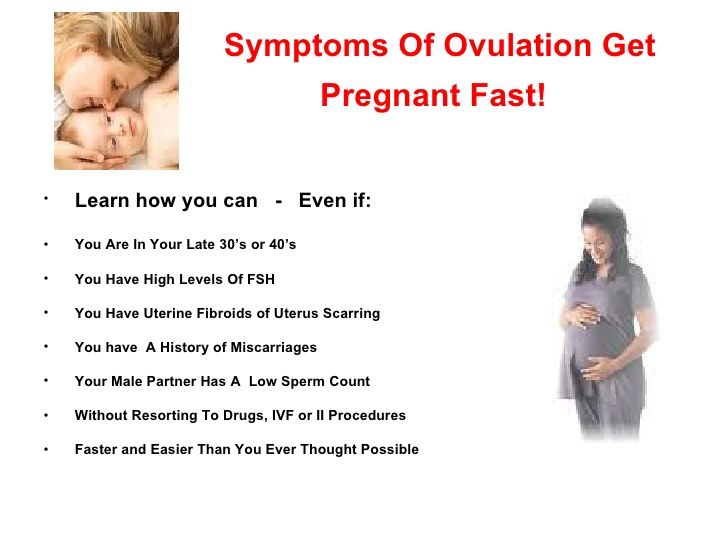 Together with abundant blood loss, a fetal egg comes out of the uterus. Incomplete miscarriage requires curettage of the uterine cavity if parts of the embryo or membranes of the fetal egg remain in it, otherwise there is a high risk of complications that will endanger the life of the mother.
Together with abundant blood loss, a fetal egg comes out of the uterus. Incomplete miscarriage requires curettage of the uterine cavity if parts of the embryo or membranes of the fetal egg remain in it, otherwise there is a high risk of complications that will endanger the life of the mother.
In rare cases, complications and serious health consequences can occur after a spontaneous abortion. But in the majority of situations, the body independently copes with what happened, expelling the parts remaining in the uterine cavity with a natural contraction of the muscles. An early spontaneous miscarriage does not always occur, a dangerous condition can also occur in the later stages. Some women try to provoke the release of the fetus with decoctions of herbs and medications. This is fraught with complications, including sepsis, dysfunction of the reproductive organs, after which pregnancy becomes impossible.
Diagnostic methods
The symptoms of a threatened miscarriage at an early stage will be determined by a doctor during a visit to the antenatal clinic. The specialist will check the size of the uterus, determine the tone of its muscles, the condition of the cervix, and examine the discharge from the genital organs. A reliable method to identify the existing threat is transvaginal ultrasound diagnostics. The doctor draws attention to segmental muscle contractions of the uterus, detachment of the fetal egg. Genetic testing will help analyze the likely causes of a miscarriage. The patient's history is carefully collected.
The specialist will check the size of the uterus, determine the tone of its muscles, the condition of the cervix, and examine the discharge from the genital organs. A reliable method to identify the existing threat is transvaginal ultrasound diagnostics. The doctor draws attention to segmental muscle contractions of the uterus, detachment of the fetal egg. Genetic testing will help analyze the likely causes of a miscarriage. The patient's history is carefully collected.
Planning a new pregnancy
The medical community is unanimous in the issue of planning a new pregnancy after a spontaneous abortion. Conception is not recommended for at least 3-6 months. During this period, the woman's body will recover and gain strength to bear the fetus. Observation by a doctor, harmonization of hormonal levels, examination of parents to identify possible pathologies are important. In order not to become pregnant in the first months, it is recommended to use contraceptive methods prescribed by your doctor.:max_bytes(150000):strip_icc()/hemorrhage-in-miscarriage-meaning-2371523-FINAL-f2ab04cab1cc491e964a45e682f93da5.png)
Examination after a miscarriage includes blood and urine tests, examination of the microflora of the vagina with a smear, detection of overt and latent genital infections, glucose and hormone tests, examination of partners for biological compatibility. Planning is an important step towards having a healthy baby. After the studies, the woman is prescribed strengthening therapy. It is important to completely reconsider eating habits, to exclude factors that are harmful to well-being. Vitamins, folic acid are used. Fast food, food containing carcinogens and preservatives are excluded from the diet. Subject to the rules recommended by the doctor, a successful pregnancy with a favorable outcome is likely.
It is not uncommon for a pregnancy test to show two lines after a miscarriage. This is due to the restructuring of the body, the organs of the reproductive system. It is important to report the incident to your doctor. The presence of remnants of embryonic tissue in the uterus can provoke a positive test result.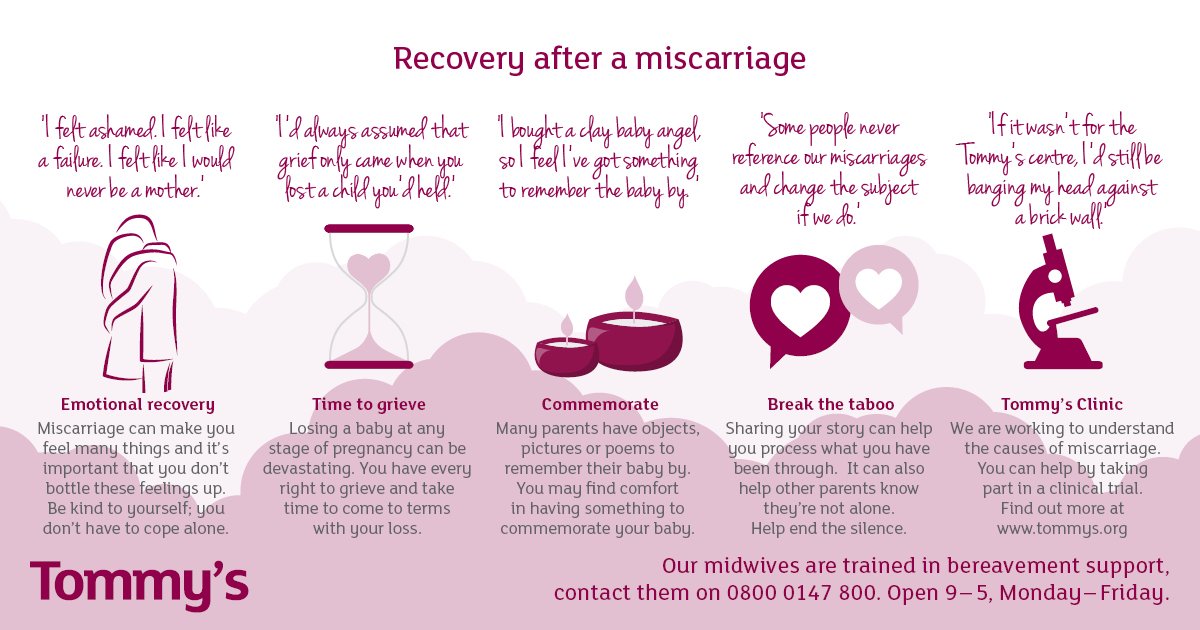 In this case, immediate curettage is necessary, which neutralizes the risk of inflammation and infection. To accurately determine her condition, a woman needs to undergo an ultrasound diagnosis, take tests to determine hCG in the blood.
In this case, immediate curettage is necessary, which neutralizes the risk of inflammation and infection. To accurately determine her condition, a woman needs to undergo an ultrasound diagnosis, take tests to determine hCG in the blood.
The question of whether it is possible to get pregnant after a miscarriage worries many parents. The answer is unequivocal - yes, if you follow the recommendations of experts, carefully plan a new conception, monitor your well-being and state of your health.
Components of success after a miscarriage
Spontaneous abortion can provoke not only the health of the patient, but failure to follow simple rules can be a threat. To reduce the risk of losing a child during pregnancy, you need to:
1. Keep calm – it is important for a mother to exclude from her life all the factors that make her nervous. Irritation is not the best way to normalize the condition. In order to stabilize the emotional background, rest is recommended, the use of soothing teas with the permission of the doctor. Good results are given by decoctions of chamomile, lemon balm, mint.
Good results are given by decoctions of chamomile, lemon balm, mint.
2. Avoid taking unnecessary medicines and preparations. But it is unacceptable to stop the therapy prescribed by the doctor on your own. Each step must be discussed with the gynecologist.
3. Eliminate harmful occupational factors. Work in the chemical industry and other hazardous facilities can create an undesirable background in the body, which prevents normal gestation. It is important to understand what is of great value to the mother - the birth of a healthy baby or a career factor. Many refuse to work to increase the chance of having a baby.
4. Eliminate bad habits. It is unacceptable for a woman who has experienced miscarriage to drink alcohol and smoke. It is forbidden to do this and the future father. This negatively affects the quality of spermatozoa, provokes difficulties with conception and risks of deviations in the development of the embryo.
5. Take vitamin complexes, specially designed to prepare the body for pregnancy, the formation of basic conditions for its favorable course.
6. Eat right. A complete, balanced diet works wonders. With a lack of weight, a nutritionist will develop an adequate diet for a woman with the inclusion of a large amount of protein foods rich in vitamins and trace elements of vegetables, fruits, and cereals. Recommended fats contained in fish, seeds, nuts, avocados, olives.
7. Get rid of extra pounds. Obesity adversely affects the development of pregnancy. Science has proven that enhanced nutrition during this period is not required. The main thing is its balance.
Infections during pregnancy
Infectious processes transferred before pregnancy develop immunity in the mother to similar agents of influence. Primary infection poses a great threat, so vaccination will be useful before planning conception.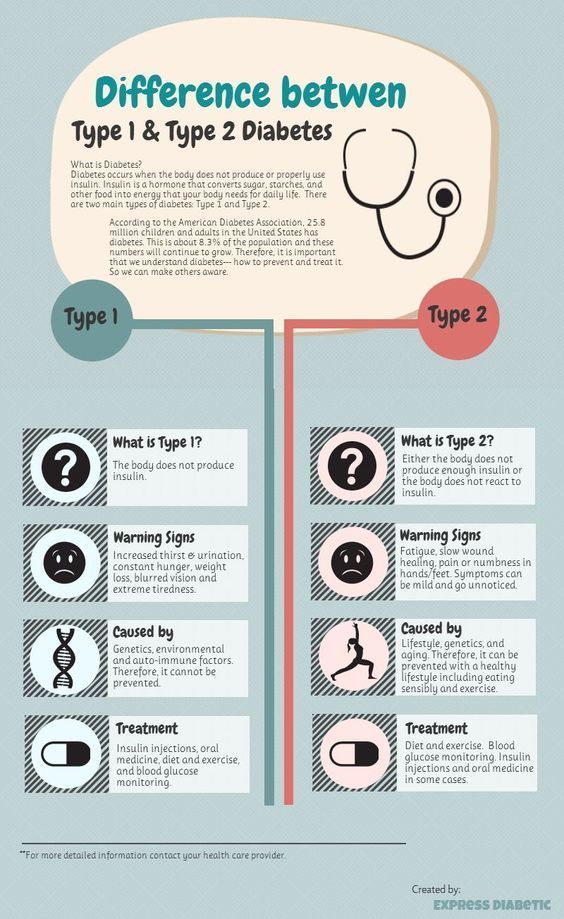 Perinatal diagnosis allows you to detect the infectious process at the initial stage and prevent its harmful effects. This is possible if the pregnant woman is registered from an early date.
Perinatal diagnosis allows you to detect the infectious process at the initial stage and prevent its harmful effects. This is possible if the pregnant woman is registered from an early date.
Infection may develop due to an infection transmitted by airborne droplets. It is the most dangerous, since it is almost impossible to prevent it. This applies to mumps, measles, rubella. HIV and hepatitis infect the body through sexual contact, similar to chlamydia. Listeriosis is transmitted with poor-quality products. A pregnant woman can pass infections to a developing baby. Pathology is determined by profile tests of latent infection.
Routine pregnancy monitoring involves regular testing. Sexual infections are determined using a smear, ultrasound shows deviations in the development of the baby, and KGT is aimed at listening to the work of the fetal heart muscle. If there is a suspicion of a serious infection of the embryo, blood sampling from the umbilical cord and amniotic fluid analysis are practiced.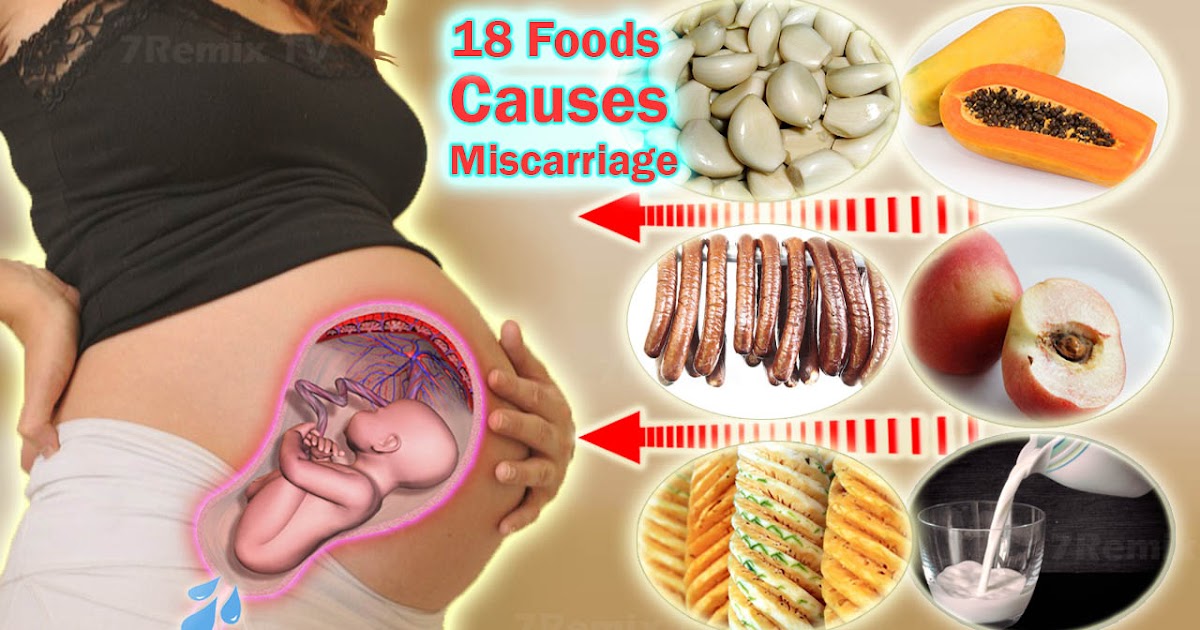
Infection of a child also depends on concomitant factors. The speed of diagnosis, the literacy of the treatment, the type of pathogen, the duration of the pregnancy are taken into account. The following infectious processes deserve special attention:
1. Viral etiology - a huge number of viruses poses a danger to a pregnant woman. The threat is genital herpes, rubella, infectious type erythema, cytomegalovirus, hepatitis B, measles, mumps, chickenpox.
2. Bacterial infections, detected during the analysis of biological materials (feces, urine, blood), examination of certain organs of the body. Active reproduction provokes a rapid growth in the number of bacteria in the vagina. Not all microorganisms pose a threat to the child. Dangerous candidiasis, streptococcus, chlamydia, bacterial vaginosis, cystitis.
The successful course of pregnancy is threatened by intestinal infections, often activated in the summer. Their carriers can be animals and poorly processed food before consumption. Of particular danger are listeriosis, salmonellosis, toxoplasmosis.
Their carriers can be animals and poorly processed food before consumption. Of particular danger are listeriosis, salmonellosis, toxoplasmosis.
Prevention of infections during pregnancy
Infection of the mother poses a threat to the life of the fetus. From the 3rd to the 12th week, the infected organism responds with a miscarriage or the formation of malformations of the child. From the 11th to the 25th - developmental delay. At a later date, organs are deformed and prerequisites for premature birth are created. In order to prevent intrauterine infection, it is recommended to apply a number of rules:
- be examined for the detection of STIs;
- examine blood, determine the presence of antibodies to infection carriers, pathogens;
- avoid contact with sick people, visits to crowded places where there is a possibility of infection by airborne droplets;
- examine pets for dangerous infections, treat them if necessary, or remove them from the home until the threat is eliminated;
- exclude fast food, store-bought semi-finished products from the diet, thoroughly heat treat meat, fish;
- remove from the diet sushi and other culinary delights purchased in restaurants, cafes;
- thoroughly wash hands, fruits, vegetables with special disinfectants that are not capable of harming the pregnant woman and the child;
- it is planned to visit a gynecologist, undergo examinations recommended by a doctor, take tests, take vitamins;
- register at the first sign of pregnancy;
- prepare for conception, cure infections, vaccinate.

It is also important for the child's father to follow most of the recommended rules. If only the mother undergoes treatment, a relapse is likely during sexual intercourse, neutralizing the beneficial effect of therapy.
A woman who has had a miscarriage in the past should be alert to any deviations from the norm in her state of health. It is important to pay attention to ailments, pain, weakness, dizziness. Accounting for an early consultation will create conditions for the bearing of the fetus and the birth of a child. There is no need to be afraid that a miscarriage will forever deprive the joy of motherhood.
Having completed a course of examinations, passing tests and following the measures prescribed by the doctor to treat imbalances in the body, you will create all the conditions for a favorable pregnancy outcome. Tune in to the positive, protect yourself from worries, worries, stress. Feel the support of loved ones, hope for the best! Get advice from good specialists to rule out any unfavorable prognosis before conception or take steps to neutralize them.